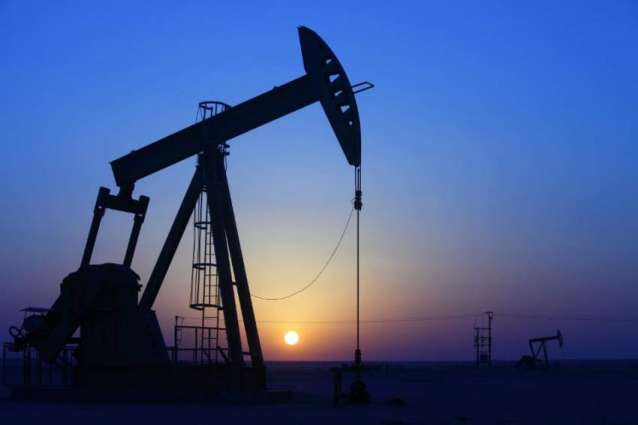Saudi Arabia and Kuwait are going to shut down the offshore Al-Khafji crude field in their shared Neutral Zone mere five months after its opening in December which is expected to remove 140,000 barrels per day in output from market, industry-specific media reported on Monday
MOSCOW (Pakistan Point News / Sputnik - 18th May, 2020) Saudi Arabia and Kuwait are going to shut down the offshore Al-Khafji crude field in their shared Neutral Zone mere five months after its opening in December which is expected to remove 140,000 barrels per day in output from market, industry-specific media reported on Monday.
According to the S&P Global Platts news outlet, citing sources with knowledge of the matter, the two countries agreed to halt output in offshore Al-Khafji, which together with the onshore Wafra field makes up their shared Neutral Zone, beginning June 1.
"There are simply no buyers. This is why everybody is volunteering cuts," one of the sources said, as quoted in the report.
The other source was quoted as saying that the production was "now an OPEC question," and that the field would be kept ready to resume production as soon as market conditions improve. They also said that the shutdown of Wafra was unlikely.
As of April, total production in the Neutral Zone was 260,000 barrels per day shared between Riyadh and Kuwait on equals. According to the report, output in Wafra was 60,000 barrels per day for Kuwait and about 70,000 barrels per day for Saudi Arabia, which means that the closure of Al-Khafji will amount to roughly 140,000 barrels per day in cut production.
The shared Neutral Zone was long out of operations due to a political dispute. In December, Saudi Arabia and Kuwait agreed to restart it, with ownership shared between Saudi Arabia's Aramco Gulf Operations Co. and Kuwait Gulf Oil Co., a unit of state-run Kuwait Petroleum Corp.
In April, Saudi Arabia and Kuwait, among other members of the OPEC-non-OPEC alliance of oil producers, agreed to collective cuts in production in a bid to balance low demand and plummeting prices in the market. Under the OPEC+ deal, the signatories have committed to cutting production by 23 percent, or 9.7 million barrels per day, throughout May-June, then by 18 percent throughout July-December, and then by 14 percent thereafter until April 2022. The general baseline level was set on October 2018, whereas Russia and Saudi Arabia were given their individual base of 11 million barrels per day.




